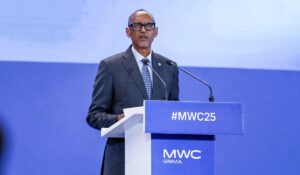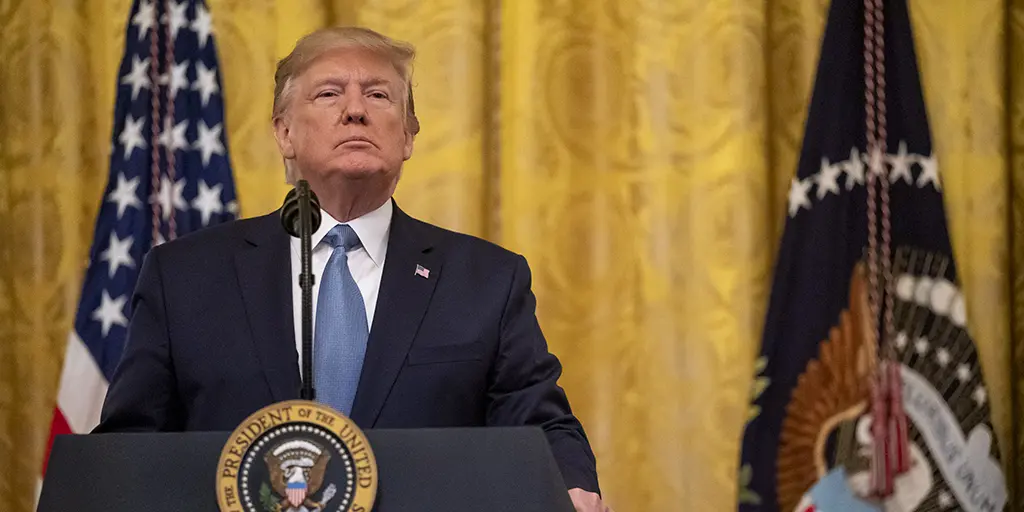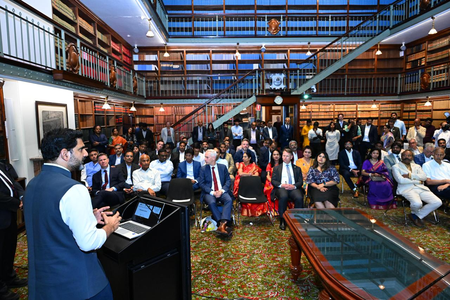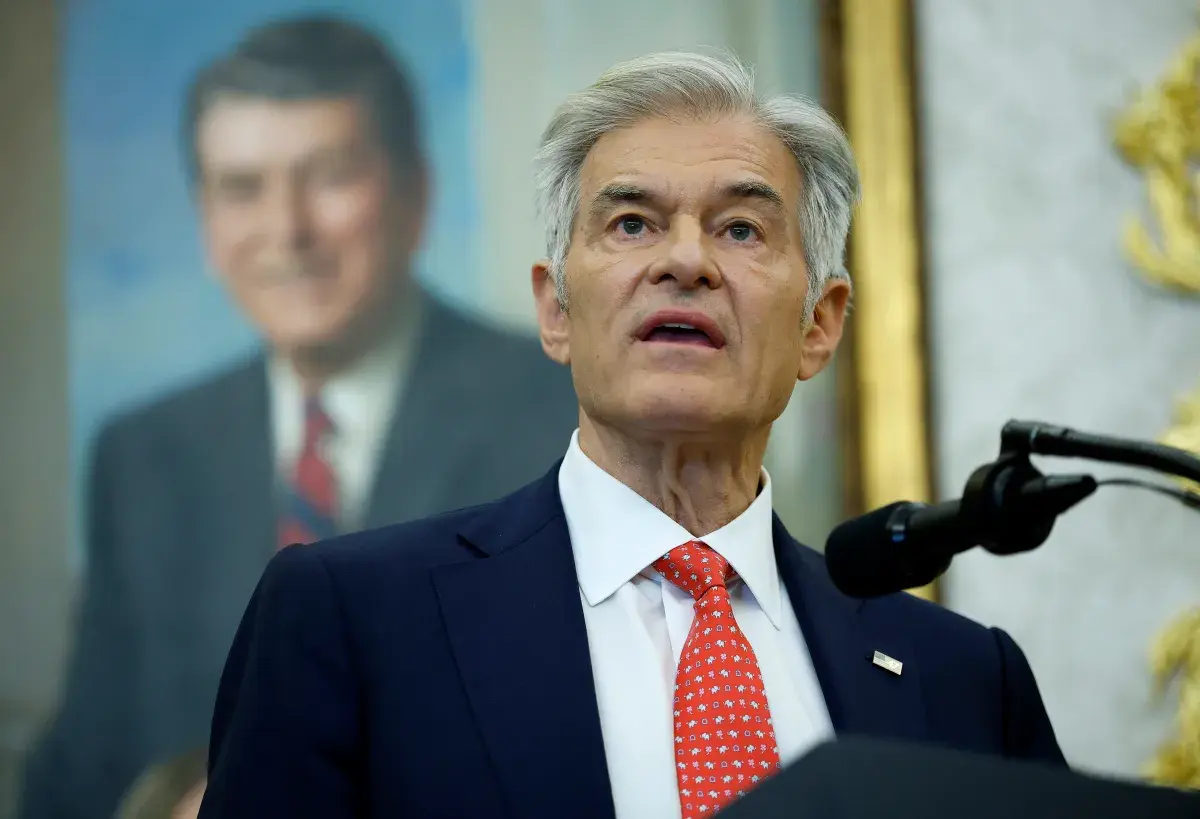Copyright maraviexpress

Airtel Africa CEO Sunil Taldar * The continent that once leap-frogged into mobile telephony is now ready to leap again — into an era where every byte of data fuels productivity and every connection builds prosperity * Africa is ready for its next leap from access to productivity and this requires partnership between operators who co-build, technology manufactures who equip, regulators who enable, investors who believe, tax regimes which support and young Africans who create * Together we can build a continent where data is processed locally, talent is nurtured nationally, and innovation is scaled globally—Airtel Africa CEO, Sunil Taldar By Duncan Mlanjira Airtel Africa highlights that industry partnerships, Artificial Intelligence (AI) and data centres are critical pillars for delivering Africa’s digital future. In his keynote address at the 2025 Mobile World Congress (MWC25) in Kigali Rwanda, Airtel Africa’s Chief Executive Officer, Sunil Taldar, emphasised collaboration will shape the next decade of Africa’s telecom revolution — “marking a shift from merely connecting people to enabling them to create value through such connections”. “ Africa’s digital decade has begun,” Taldar stated. “The continent that once leap-frogged into mobile telephony is now ready to leap again — into an era where every byte of data fuels productivity and every connection builds prosperity.” He added that “Africa is ready for its next leap from access to productivity and this requires partnership between operators who co-build, technology manufactures who equip, regulators who enable, investors who believe, tax regimes which support and young Africans who create”. “Together we can build a continent where data is processed locally, talent is nurtured nationally, and innovation is scaled globally. Africa’s digital future needs AI to make networks smarter and greener, customer experiences more intuitive and mobile money more secure and intuitive. “It will also require a connected network of data centres linked by high-capacity fibre to unlock inclusive digital participation even in remote regions.” He unpacked that Airtel Africa is investing in major data-centre hubs in Nigeria and Kenya to support the continent’s digital future and is also deploying AI in operations, including SMS spam detection, customer onboarding, mobile money fraud detection and sites’ energy optimisation.” The annual congress gathers industry leaders, innovators and policymakers this year’s edition; Kigali MWC25 explored how connectivity and digital technologies are accelerating Africa’s transformation. It was officially opened Rwanda’s President, Paul Kagame, who observed that Africa has gone from limited connectivity to a mobile-driven economy in a few years, saying: “While the challenges that Africa faces are significant, they also offer great growth potential if we collaborate. “Governments, the private sector and other partners should harmonise policies and create the right environment for innovation. This will enable our data and payment systems to flow securely across borders and connect our economies. The future we must build is an Africa that is bold, connected and competitive,” said President Kagame. Airtel Malawi takes cognizance that the discussions at MWC25 closely align with MW2063 national vision, which identifies digital transformation as a key driver of inclusive economic growth and sustainable development. “Airtel Malawi’s strategic focus on expanding digital infrastructure, integrating AI technologies, and enhancing mobile money services supports national goals around innovation, youth empowerment, and competitiveness, reinforcing the country’s position in Africa’s digital future.” Airtel Malawi launched AI-powered spam SMS alert system in July and the innovative service has detected over 8 million spam SMS messages cumulatively — with an overall 12% reduction in spam messages. Across its 13 of 14 countries in which the leading telecommunications and mobile money service provider, more than 205 million spam SMS messages over the last 6 months. In a press statement from Dubai end of September, Airtel announced that during the period under review, Kenya recorded the highest spam volume with 68 million messages flagged followed by Tanzania 47 (million) and Zambia (33 million). The Spam Alert Service is available to all Airtel subscribers automatically for free and without the need for any app, which warns customers who receive suspicious messages with a warning ‘SPAM Alert’. Spam refers to unsolicited SMS messages to phones, often from fraudsters and scammers and the messages are usually socially engineered and potentially lead to harvesting of data, spreading malware and swindling of money from unsuspecting mobile users. With incidents such as fake Airtel Money transaction messages, ‘Miracle’ money prompts, impersonation of Airtel staff, and suspicious ‘you’ve won a prize’ messages, the Spam Alert technology is designed to give power back to the customer by classifying suspicious SMS messages as ‘Suspected SPAM’. Customers are assured that without reading specific SMS messages, Airtel’s Spam Alert analyses over 250 parameters, including the sender’s usage patterns such as SMS frequency and geographical spread of targets in real time. The AI Spam Alert Service is designed to filter all SMSes through proprietary dual-layer protection; one layer at the network level and the other at the IT systems level — processing over 18 million messages, each in 2 milliseconds. Additionally, the software alerts customers of malicious weblinks received via SMS. For this purpose, a centralised database of blacklisted URLs is maintained, and by scanning every SMS in real time, the AI system can warn users against accidentally clicking any suspicious links.”



